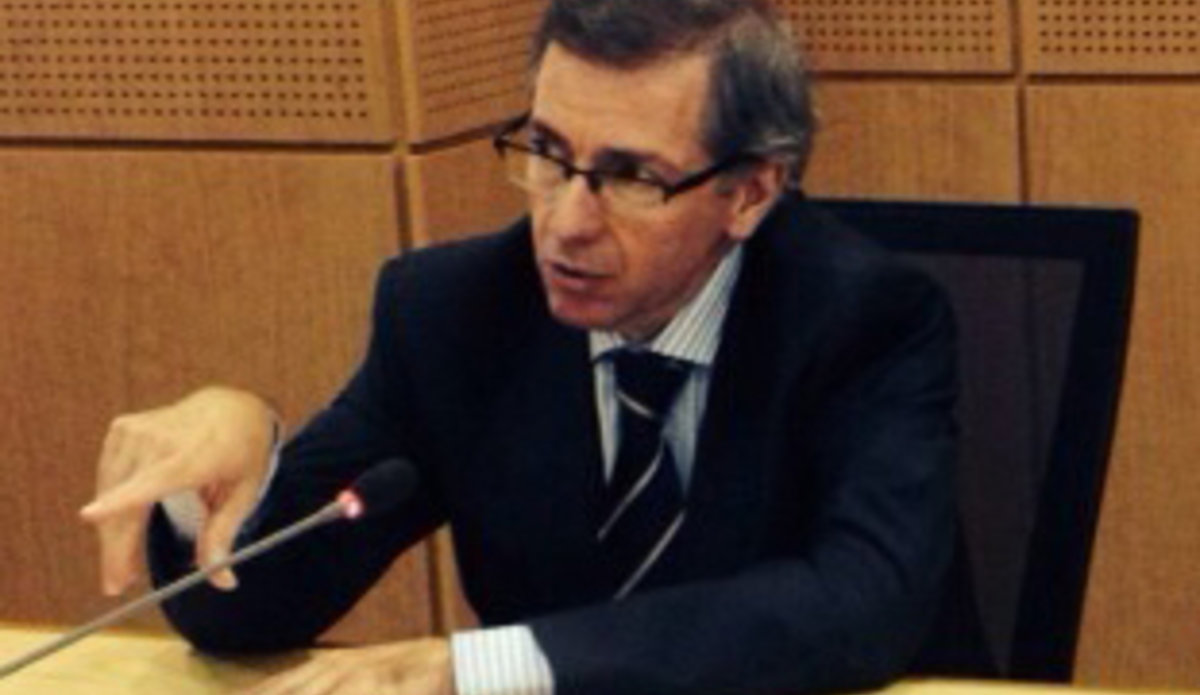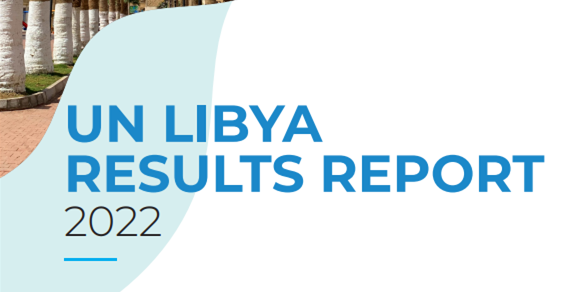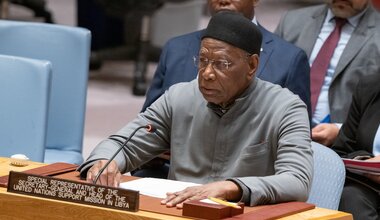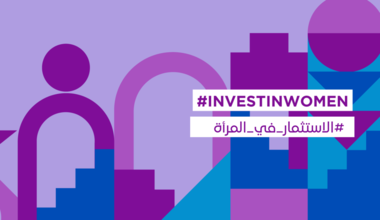Excerpts from SRSG Bernardino Leon's Opening Remarks at the meeting of parliamentarians in Tripoli
Tripoli 11 October 2014
We are coming with two essentials messages ... Tripoli for the coming two hours will be today the capital of a united Libya, capital where all Libyans come to ...
The second message is legitimacy, this message in support of the legitimate institutions represented by the parliamentarians who are here. This legitimacy. which as you know, we propose to be completed within the principle of inclusion and rejection of terrorism, which are the cornerstones for the future Libya.
And all the important message is that when we will start our first meeting in the political process, of our first working session because today's is the opening, it will be in two weeks. But before this meeting takes place you will have the opportunity to go back to your villages, your cities, your regions, your provinces to talk to everybody, to listen to their views and to have their support for the political dialogue. And, of course, with the presence here of such distinguished personalities, you will be able to tell your people that the international community is beside this united Libya.
This is our message today.
Excerpts from SRSG Bernardino Leon’s Press Conference, Tripoli, 11 October 2014:
As you know we have just finished the first meeting of the national dialogue political dialogue that was agreed in the meeting in Ghedames. We have been honoured to welcome for this formal opening of the political dialogue Mr. Ban Ki-moon, the Secretary-General of the United Nations, and Ms. Federica Moguerini, the Foreign Minister of Italy, who will in a few days start her work as EU High Representative. We also had the presence of some international envoys , the French, UK and Malta Special Envoys and the Italian ambassador.
We have discussed today the next steps in terms of agenda in terms of content but we have also agreed that it will be very important to explain what is this dialogue about and what it is not about.
There are people who are talking about this dialogue as if decisions have already been made, as if negotiations were already over also and decision were already made. This is not the case. We are starting, we are at the beginning of a process and there is only one agreement between the two delegations, which is to solve all their differences through dialogue politically.
This is a dialogue between parliamentarians, between members of the House of Representatives. The country has to overcome the institutional crisis it has today. It is very important to send a very strong message about the unity and territorial integrity of Libya and this is why the first point we would like to address in the next meeting is the governance of the house of representatives and the handover.
As you know, we have also agreed that there will be in parallel security dialogue. The parliamentarians who are meeting in this process don’t have direct authority on the armed groups. This is something that we will try to do because as the Secretary-General of the United Nations has said very clearly this ceasefire is a precondition for the success of the political dialogue.
(Q: dialogue between members of parliament, however, conflict on ground between military men. Are you confident that what is solved and agreed in this dialogue will have military men onboard?)
As I said these are two parallel processes and as the Secretary-General of the United Nations said both processes have to be closely interconnected.
The situation in the country is a situation of institutional chaos, and wherever there is fighting (there is ) also chaos on the ground. These people who are fighting, they are using as an excuse in many cases the institutional chaos. They don’t see a clear political direction in the country.
This is why we believe it is very important, as it has been stated today that there is one parliament, one legitimate parliament representing all Libyans and that has to be the House of Representatives, but accepting at the same time that it has to work with the principles not only of legitimacy but also of inclusion. This is why the point of the agenda of the internal governance of the House of Representatives is so important. With a parliament where all Libyans will feel represented, that will be functioning normally it will be possible to think of a national unity government. And then the action of armed groups opposing these institutions representing all the Libyans I am sure will be much more difficult.
You will have at the same time the international community with the instruments it has starting with Security Council resolution 2174 saying very clearly what the Secretary-General just said, ‘the international community cannot tolerate more fighting in this country.
Finally, we will have to work and to talk to international actors so that all the international community supports this peaceful solution and we will have to work to make sure that no more weapons will come to this country.
I am convinced, let me go again with these four points:
No. 1: if we make progress on the political and institutional dialogue with one strong parliament and one strong government.
No. 2: if we make progress in dialogue with the armed groups so that they accept the ceasefire or they face the consequences of their actions through the Security Council resolution 2174
No. 3: we have the support of the international community
No. 4: we are able to enforce successfully the embargo
(then) it will be possible to stabilize the situation in the country.
(Q: visit of Secretary-General to Libya is it in Tripoli only or he will visit other areas, and situation after constitutional court ruling?)
First of all, the visit is only to Tripoli. As I said at the beginning of the opening of this dialogue, Tripoli has been for two hours again the capital where all Libyans could feel represented, the capital where these divisions can be overcome. This has been important. Ban Ki-moon has been here in Tripoli to show today how important is for the international community is unity.
Regarding the decision of the court, as you know we work always on the principle that decisions by the judiciary has to be respected, but let me say that I don’t think the problem this country has is a legal problem. This country has a political problem, and think it would be better addressed politically, not legally.
END
 United Nations Peacekeeping
United Nations Peacekeeping UN
UN








